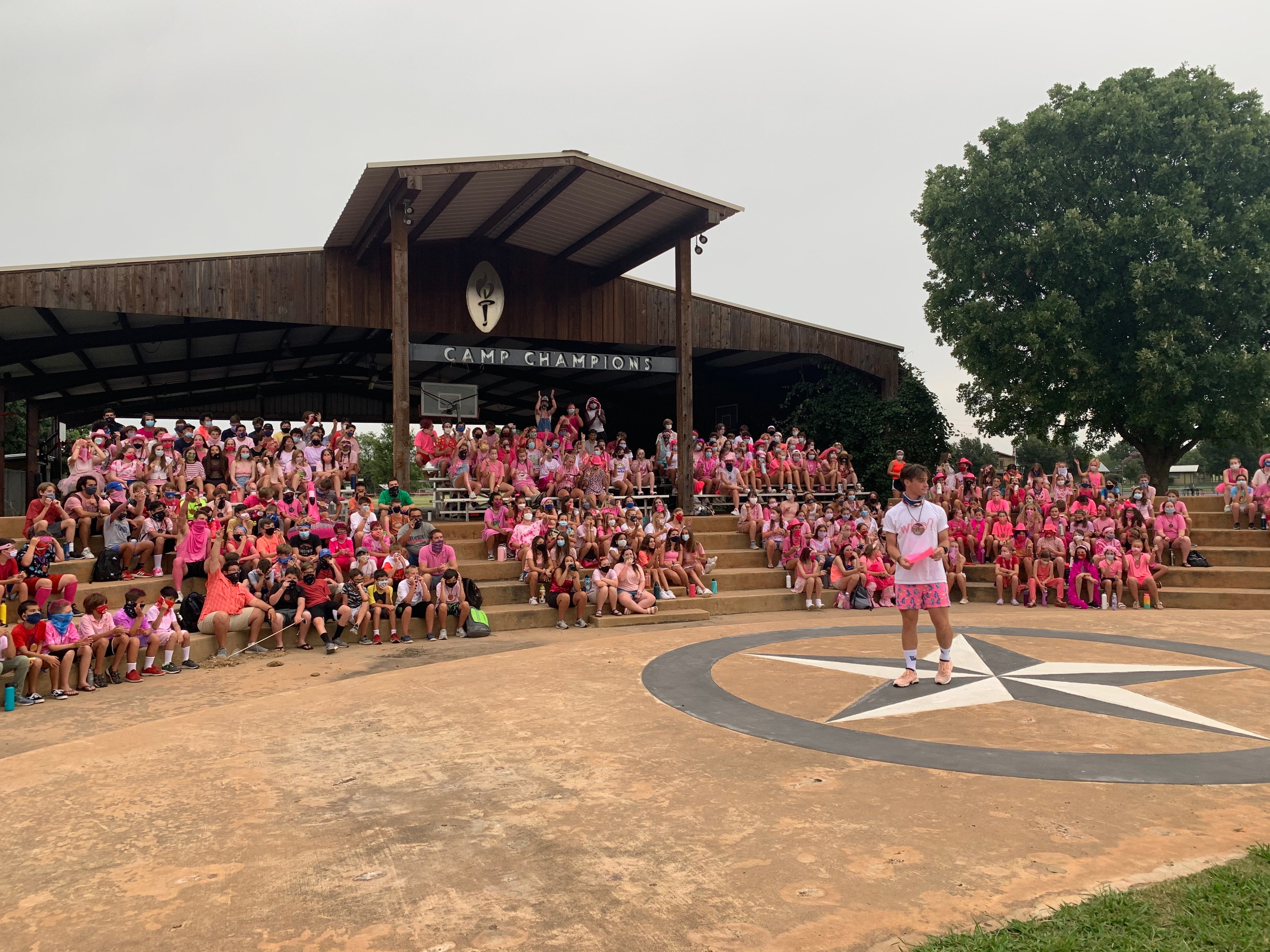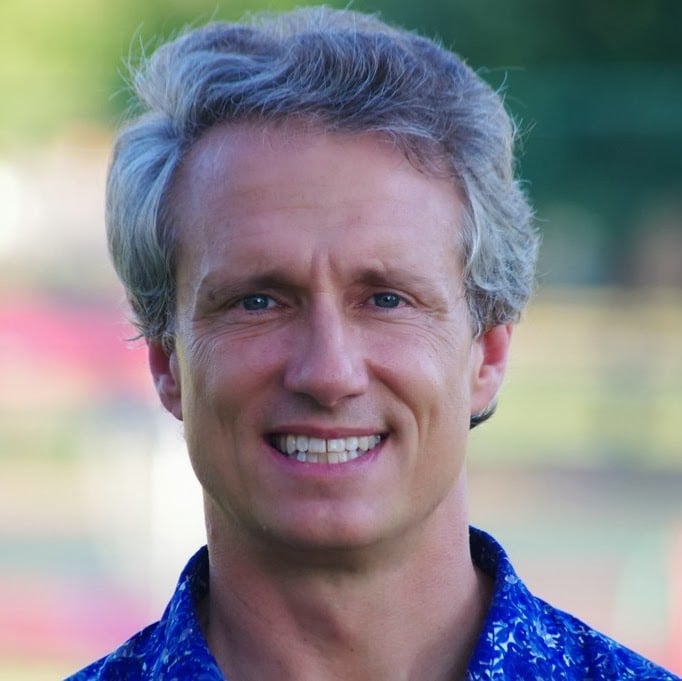
As I talk with returning campers and counselors, I hear many messages, but two stand out as different from the past.
One brings me joy. The second is trickier.
Here is the first message: “Thank you so much for having camp! I was going crazy without school and activities. It is fun to play and laugh and be with friends!”
Hearing these words make the crazy preparations, the heightened sanitation, the scheduling adaptations, the constant hand washing and everything else 100% worth it.
The second message has been a little harder to hear.
“Camp is different. I wish we could all eat in one shift. I miss being able to hug anyone that I want to.”
[Note: we hear the first message many, many more times than the second one. But when you strive to delight, you focus on any constructive feedback.]
When I first heard this, I found it a little disheartening. We want joy and elation and laughter . . . and we hear some mild form of disappointment.
I then realized something critical. Camp has changed.
And that is the point.
And also a gift.
Please do not think I am rationalizing – hear me out. We talk about camp helping build “strong kids” – kids who are flexible and resilient, emotionally centered, and resistant to problems.
The world has changed. It has changed a lot. We shop differently (if we shop at all, Amazon Prime is our friend). Heck, we have spent the last 3 months unable to attend school, watch sports or visit friends. Broadway and the NBA just stopped. This has never happened in our nation.
We also do not know how long we will continue to deal with change and challenges.
As a result, perhaps the most powerful gift is to develop the ability to deal with change and challenge.
Camp is like a vaccination – not against the virus, but against the challenges of living with it.
A vaccination gives you limited exposure to something – not enough to make you sick, but enough to train your body to deal with it.
In this case, we are providing limited exposure to concepts and habits that are likely to be parts of our lives for months, perhaps even years. We are learning that we can wear masks. Cohorts will likely be part of schools and extracurricular activities (I know that NCAA sports teams are using this technique).
We are learning to adapt.
We are also learning to “reframe” challenges.
For example, is a cohort a limitation or a liberation? Actually, it is both. Campers are limited in who they can hug. If they have a sibling in a different cohort, they may not hug. But it also liberates. Where else can you hug someone other than your direct family these days? At camp, kids can have physical contact – which is critical to social and emotional well-being – with people other than family members.
I want to suggest that camp gives children the opportunity to practice the art of choosing their frame. Liberation instead of limitation.
Sure, I am wearing a mask at torchlight, but I can cheer and be silly with friends.
Our schedule is different, but that does not stop me from appreciating the stars or watching a sunset.
And I am becoming strong.
This is important because when our children get a chance to return to school, their friends will be more fragile. They will not have had practice being flexible or reframing. They will need your child.
Knowing this, I now hear “camp is different” with new ears and I respond with new words:
“Of course it is. Everything everywhere is different. But you are learning how to not just survive, but thrive in different situations. This is good – very good. Our world will need more people like you!”
Steve Sir
PS The photo is from the Think Pink dance - you can see the cohorts separated.


